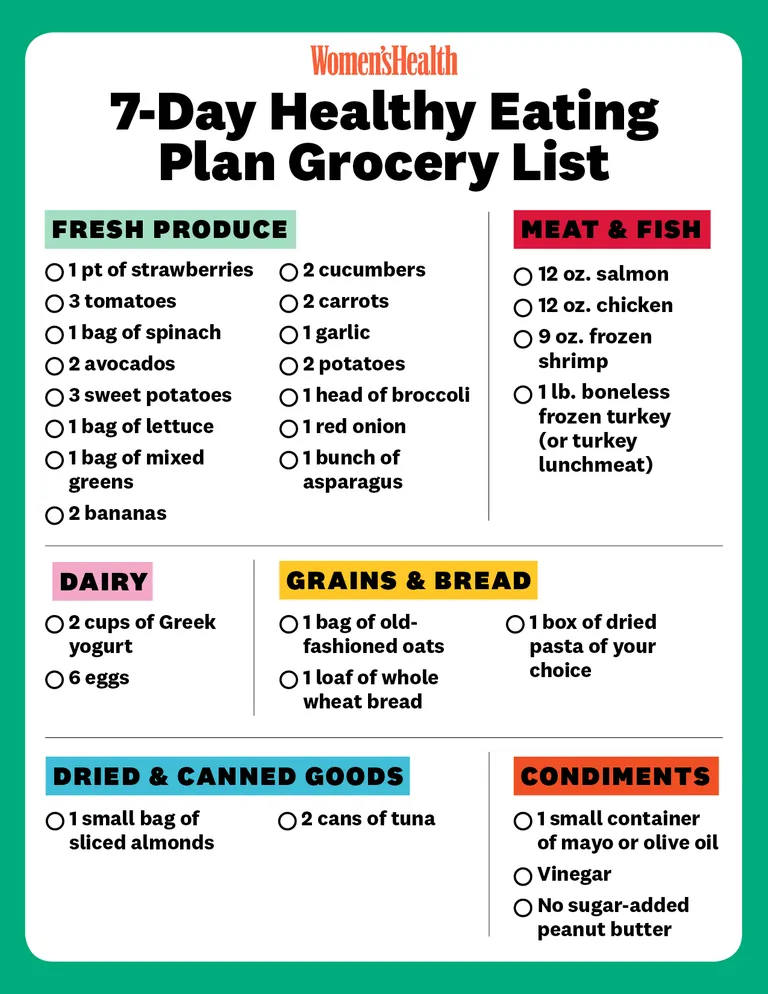
Introduction
Weight loss is a common goal for many people, but with so many diets out there, it can be overwhelming to figure out which one is best for you. In this ultimate guide, we will break down the key factors to consider when choosing a diet for weight loss, as well as provide tips and recommendations to help you achieve your goals.
Factors to Consider
When looking for the best diet for weight loss, there are several factors to consider:
1. Your Health Goals
Before choosing a diet, it’s important to consider your health goals. Are you looking to lose weight for aesthetic reasons, or are you trying to improve your overall health and well-being? Different diets may be better suited to different goals, so it’s important to be clear about what you want to achieve.
2. Dietary Restrictions
If you have any dietary restrictions or allergies, it’s important to choose a diet that can accommodate these. For example, if you are vegan or vegetarian, you may need to look for a plant-based diet. If you have gluten intolerance, you may need to avoid wheat and other grains.
3. Lifestyle Factors
Your lifestyle can also play a big role in determining the best diet for you. If you have a busy schedule and don’t have time to cook elaborate meals, a diet that requires a lot of preparation may not be sustainable for you. Consider your schedule, cooking skills, and other lifestyle factors when choosing a diet.
Popular Diets for Weight Loss
1. Keto Diet
The keto diet is a high-fat, low-carbohydrate diet that has gained popularity for its ability to promote rapid weight loss. By restricting carbohydrates and increasing fat intake, the body enters a state of ketosis, where it burns fat for fuel instead of carbohydrates. This can lead to rapid weight loss, but the diet can be challenging to maintain long-term.
2. Mediterranean Diet
The Mediterranean diet is based on the traditional eating patterns of countries bordering the Mediterranean Sea. It focuses on whole foods such as fruits, vegetables, whole grains, nuts, and olive oil, while limiting processed foods and red meat. The Mediterranean diet has been shown to promote weight loss and improve overall health.
3. Paleo Diet
The paleo diet is based on the idea of eating like our ancestors did during the Paleolithic era. It focuses on whole foods such as lean meats, fish, fruits, vegetables, nuts, and seeds, while excluding grains, dairy, and processed foods. The paleo diet can be effective for weight loss, but may be restrictive for some people.
Tips for Choosing the Best Diet
1. Consult a Healthcare Professional
Before starting any diet, it’s important to consult with a healthcare professional or registered dietitian. They can help you determine the best diet for your goals and health needs, as well as provide guidance on how to make healthy choices.
2. Set Realistic Goals
When choosing a diet for weight loss, it’s important to set realistic goals. Rapid weight loss is not sustainable in the long term, so aim for a gradual and steady weight loss of 1-2 pounds per week. This will help you maintain your weight loss and prevent regaining weight in the future.
3. Focus on Whole Foods
Regardless of the diet you choose, it’s important to focus on whole, nutrient-dense foods such as fruits, vegetables, lean proteins, and whole grains. These foods are not only good for weight loss, but also for overall health and well-being.
Conclusion
Finding the best diet for weight loss can be a daunting task, but by considering your health goals, dietary restrictions, and lifestyle factors, you can find a diet that works for you. Remember to consult with a healthcare professional before starting any diet, and focus on whole foods to support your weight loss goals.
